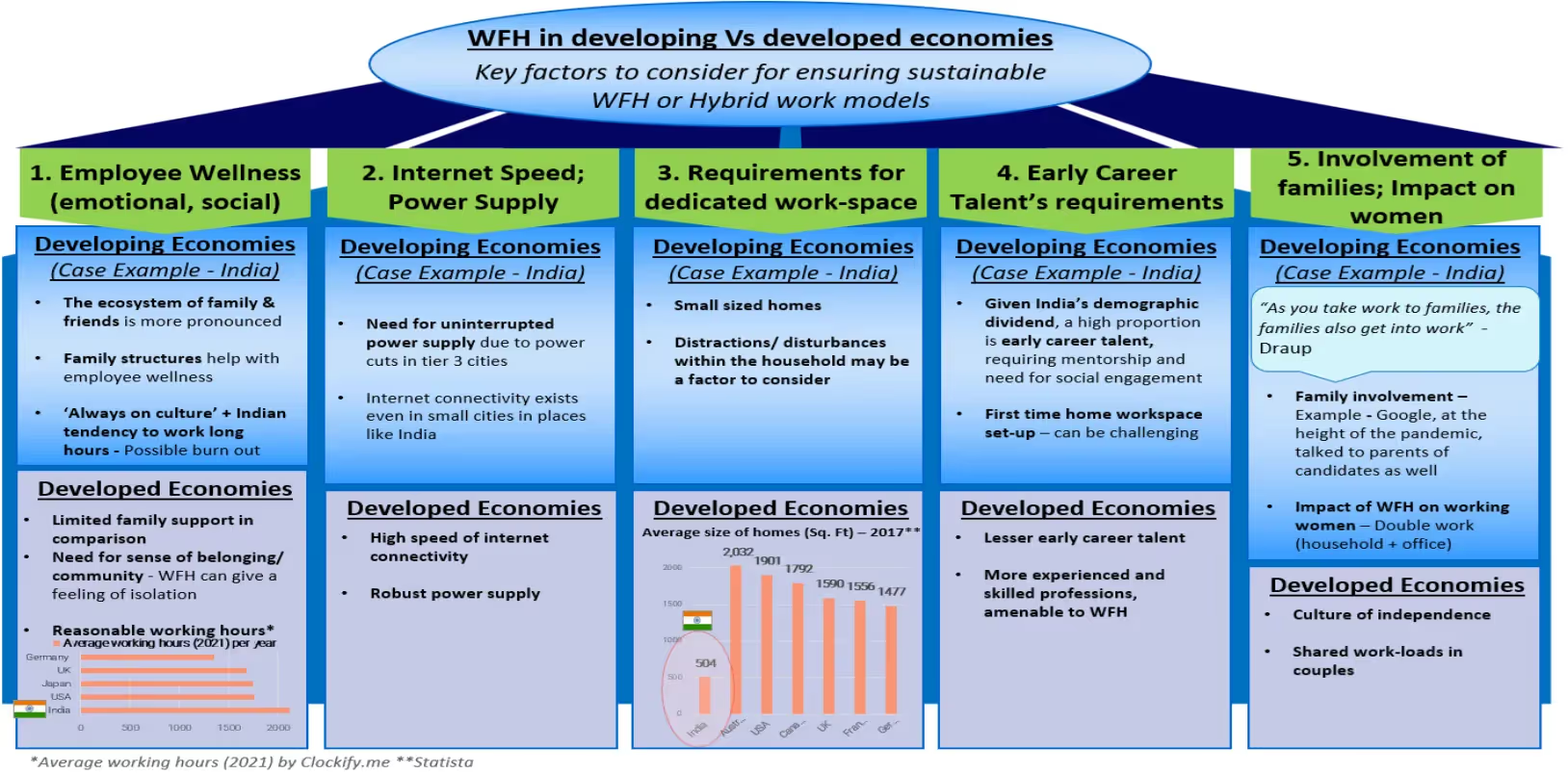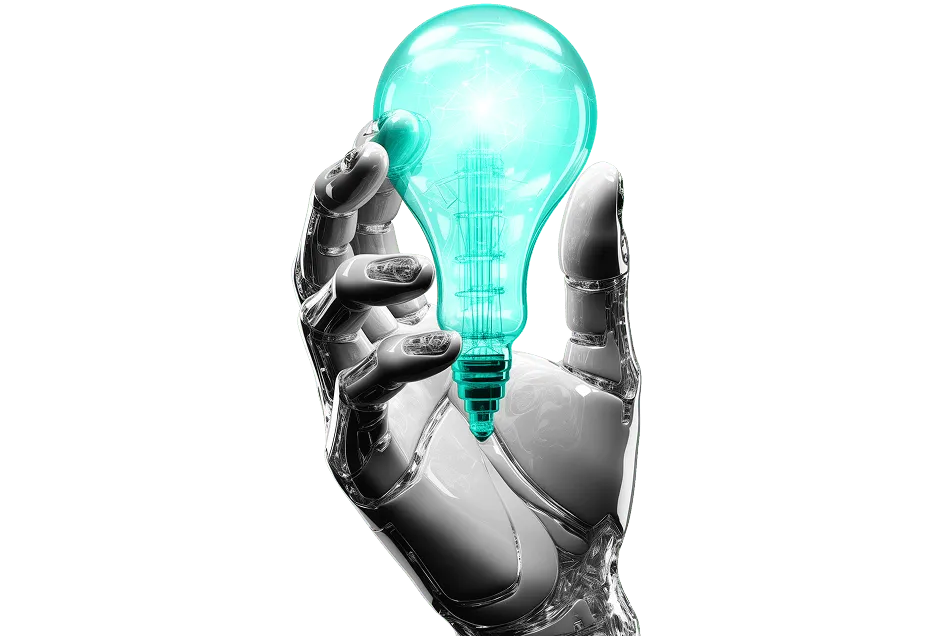AI in HR: A Roadmap to Building your Next-Gen Workforce
I had the privilege of meeting several recruiters and workforce planners and conducting insightful discussions.
In some organizations, unfortunately, there has been a reduction in the workforce (globally). But overall, the momentum to hire tech talent, data talent, sales talent, public and government affairs talent, and ESG talent remains high. This complex workforce scaling scenario means the demand is high in some organizations with fewer recruiters to execute. In the last five years, companies have invested in several AI solutions. There is an expectation among leadership that the AI solutions will enable them to handle very high workloads. While AI solutions are certainly evolving, they are operating as digital companions and not as a total replacement. Let us look at the research table (Table1) from recent surveys. The surveys from different AI organizations on when they expect (Human Level Machine Intelligence- HLMI) is fascinating. The combined sample shows a 10% probability of HLMI by 2022, a 50% probability by 2040, and a 90% probability by 2075. This table is taken from the book Super Intelligence by Nick Bostrom.
All these are leading AI research organizations, and it is interesting to see how far out they project to reach human-level intelligence. Of course, this does not mean AI will not be effective till then. AI is already proving its might in various HR activities and other functions. But to leverage AI to its fullest potential, HR should consider transforming it into a data-driven organization, and human assistance is still necessary.
Here is a set of roles we may consider (based on limited forward-looking interviews n = 10 HR leaders). (Refer to the graph Future HR Roles – Draup Hypothesis) Some exciting roles in the quadrants below may have a transformative effect on your data/AI journey. Some interesting roles came up in our interviews. We know we have to compete hard in benefits across global locations, so evolving that into a structured science may be advantageous (a lot of this is currently outsourced to administrators). Taking in-house responsibility for this may play a competitive advantage (the analysis part and not the administration). Similarly, HR will play a more significant role in Data Literacy, Cyber Security Responsibilities, Automation Effectiveness Measurement, etc. As the complexities of working across cultures increase, HR may need roles such as Anthropologists and Global Culture Specialists.
My elaborate pre-amble is that your Recruiters and Workforce Planners can play many of these roles/activities and help you transform. This roadmap may help plan your next-generation HR organization
We conducted a data experiment to look at the effectiveness of Automation when candidates apply for a job. Our team conducted a classical time study with several subjects applying for jobs across company websites.
Steps followed & corresponding time records in Application Process:

We then looked at a metric called TTAJ (Time Taken to Apply for a job), and the metrics are pretty interesting. We are working on a detailed study, but this is a good benchmark that your Automation Analyst can test and measure

Deployment of data science and data experiments will provide significant insights across all processes. Another area where we can get scientific is in the area of working from home. We recently evaluated the work-from-home challenges and variables through the lens of developing and developed economies. Some of these are well known but help you develop clear plans of action when you view it in this manner











.svg)





















.svg)





.svg)
